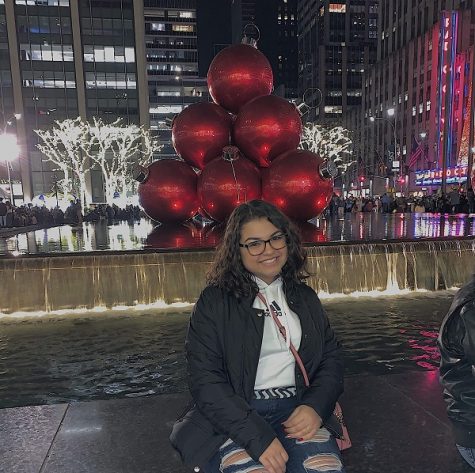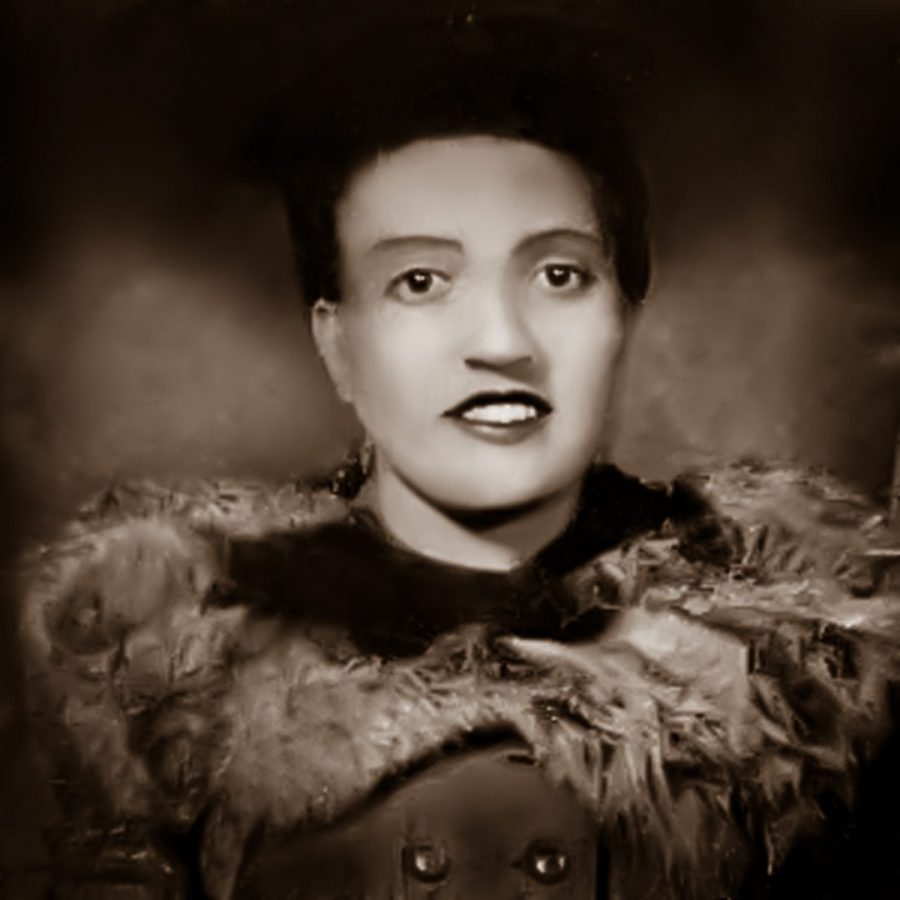Celebrating Black History Month – Henrietta Lacks
In honor of Black History Month, we are celebrating Henrietta Lacks who in her 31 years of living left a legacy for so many to remember.
HeLa cells are named after Henrietta’s first two letters of her first and last name. Different from everyone else’s cells, Lacks’s, instead of dying, would duplicate after 20 to 24 hours, which shocked her doctors.
Unfortunately, there is a long back story as to why her cells were obtained and it’s not one you would hope for.
Henrietta Lacks was born on August 1, 1920, in Roanoke, Virginia and died October 4, 1951, in Baltimore, Maryland. Lacks was a mother of five children: Deborah Lacks, David Lacks, Lawrence Lacks, Elsie Lacks, and Joseph Lacks. Lawrence was the oldest being born in 1935 and the youngest Joseph, born in 1950.
Growing up Lacks was one of 10 siblings. She, unfortunately, had experienced the loss of her mother at a young age and was placed in her grandfather’s care with her cousin who she eventually ended up marrying. She then had her first child at the age of 14.
After having Lawrence, Elsie was born but soon was put into a hospital, and soon enough Lacks lost her child at the age of 15.
On January 29, 1951, Henrietta visited John Hopkins Hospital which at the time was one of the only hospitals that treated black people with the complaint of vaginal bleeding that she had experienced post-birth.
Her doctor Howard Jones took a biopsy of her cervix. The results came back telling Henrietta that she was dealing with cervical cancer, and she started undergoing radium treatment.
After the biopsy was taken they took a sample of cancerous and noncancerous cells which were sent to Dr. Georgs Gey’s lab who was a prominent cancer and virus researcher. He worked with John Hopkins and would examine all their patient’s cells. With the study of her cells, Dr. Gey realized that her cells were much different and would duplicate instead of dying.
With her unique set of cells, her legacy endures even today. Her cells were named HeLa cells and would go on to help the studies of the effects of toxins, drugs, hormones, and viruses on the growth of cancer cells without human experimentation.
Not only that but they’ve been used to test the effects of radiation and poisons, to study the human genome, to learn about how viruses work and played a crucial part in the development of the polio vaccine.
Her cells are so miraculous and important in the science world that they are even being used in the research for creating a vaccine against COVID-19.
But her story also represents the suffering of all the racial inequalities in the healthcare system. Not only was John Hopkins the only hospital in her area that took in black patients but during her examination, her cells were taken without her consent or permission.
What’s worse is that her family was only told about this a couple of years later and even then they received no money from all of the biotechnology or companies that benefited from her cells.
It’s so unfortunate to know that this woman left such a fantastic legacy for so many people to discover except for herself but for Lacks’s sake, let’s take the benefit of the doubt and realize that although there were many wrongs made, her cells will forever be in the works for future cures and research.
Released in 2010 author Rebecca Skloot wrote a book about Henrietta and her life, called The Immortal Life of Henrietta Lacks.
In 2013, the National Institutes of Health granted the Lacks family control over how the data on the HeLa cell genome would be used.

I am currently a junior at NHS. I enjoy journalism because this is the type of class that we can talk about anything and everything, especially with problems...









Beth Rojas • Mar 4, 2021 at 12:36 pm
Thank you for sharing this important part of science history. Important issues have since been addressed including true informed consent and privacy.